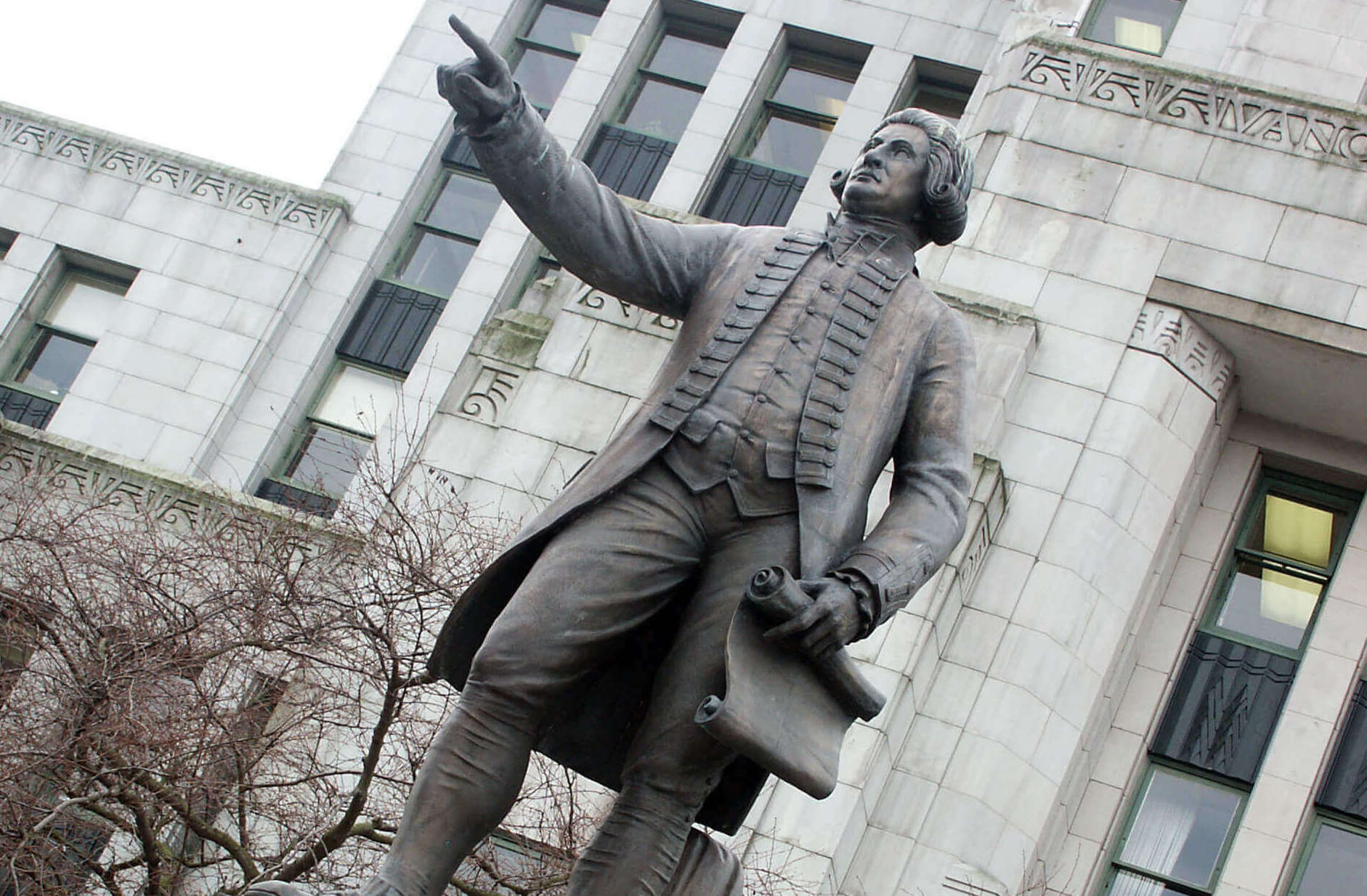
Jul 26, 2022: Council approves new plan for Vancouver
After three years of planning and more than $8 million spent, Vancouver’s long-awaited official community plan was approved this past Friday, clearing the path for a new City Council to oversee its implementation in the fall.
Councillors made various amendments to the plan and the final vote was severed into individual parts at the request of Cllr. Melissa De Genova, who was absent for a large portion of the meeting. In the end, Cllr. De Genova voted against some of the amendments, but Cllr. Colleen Hardwick was the only Councillor to oppose the entire Plan.
In 2018, Cllr. Hardwick seconded the motion for a city-wide plan introduced by Cllr. Adriane Carr. She said she envisioned a city-wide plan “knitting together the tapestry of neighbourhood plans” that had been carefully developed over decades. “This process is what earned Vancouver the reputation as the ‘poster child’ of the Livable City,” said Cllr. Hardwick on Friday. In her view, the Vancouver Plan took several wrong turns by leaving out neighbourhood voices and building on ideas created by a talented group of former City planners such as Larry Beasley, Ann McAfee, and Ray Spaxman. The current Vancouver Plan, she said, “takes a wrecking ball…to Vancouver’s neighbourhoods.
“The rebranded Vancouver Plan, she said, “is deterministic, with so-called ‘priorities’ applied in an autocratic manner through building typologies applied arbitrarily citywide…” Hardwick said Council had forsaken neighbourhoods. “This approach does not reflect neighbourliness in any way. Quite the contrary. Neighbourhoods are not even mentioned.”
Chief City Planner Theresa O’Donnell and the majority of Council supported a very different kind of plan, one that calls for heavy densification in every neighbourhood across the city. According to O’Donnell, who came to Vancouver from Dallas, Texas, the Vancouver Plan responds to an expected future population of 920,000 by 2050. O’Donnell has said repeatedly that existing neighbourhood plans are outdated and not equipped to deal with the larger challenges of today, such as housing affordability and the climate crisis.
Mayor Kennedy Stewart and most Councillors voted for a plan that would erase Harland Bartholomew’s 1928 document of exclusionary single-family zoning that segregated citizens by class, brought strong criticisms of racism over the years, and blamed for slowing development in Vancouver. On Friday, Mayor Stewart declared that the Vancouver Plan will be guided by a new promise that every neighbourhood will be more affordable, equitable, and vibrant. “We’re a city of renters, and all of us deserve the opportunity to live a great life in any neighbourhood.”
But exactly how a more affordable, equitable, and vibrant Vancouver will be achieved is not mentioned anywhere in the 164-page Plan.
Throughout his term, Mayor Stewart has driven home the message that Vancouver should be “a city that works for everyone,” and not only for homeowners. He has made disparaging remarks about homeowners in public and to the press. He lauded Cllr. Christine Boyle’s amendment to introduce different housing types into neighbourhoods with declining populations (starting with multiplexes) because, he said, “it gets rid of single-family zoning.”
O’Donnell said some of the first changes to land-use policy could begin as early as the spring of 2023, starting in the city’s “low-density, amenity rich” neighbourhoods, including Kitsilano, West Point Grey, Mount Pleasant, and Fairview, with a mix of multiplexes and condos on side streets, and over time, towers from 12 to 18 storeys and up to 40 storeys at subway stations. The Mayor said the growth can happen “without displacing long-time renters.”
On Friday, Councillors made several amendments to the draft plan, which were mostly requests to staff to report back on costs and feasibility. They included:
- Cllr. Swanson called for tightened renter protection for tenants living in basement suites in all RS and RT single family zones, much like the protection plan in the Broadway Plan, which would ultimately be the responsibility of homeowners. Councillors Carr, Sarah Kirby-Yung and Lisa Dominato cautioned against the amendment because of the costs levied on landowners when they sell or develop their properties, and also that the protections could dissuade homeowners from renting out suites. Council voted 6-5 to have staff report back on the feasibility of Swanson’s amendment.
- Cllr. Hardwick proposed an amendment to give greater protection to heritage buildings, noting that even those on the heritage registry are still vulnerable to demolition, but the motion was rejected. Cllr. Boyle, a fierce supporter of development, was concerned that the protection would remove potential stock for redevelopment and asked the legal department to weigh in on the proposal. Strangely, all Councillors with the exception of Cllr. Hardwick had apparently received a note from staff in advance of the meeting that such an amendment would be “unlawful.” After a brief debate with the City’s legal department, acting chair Cllr. Rebecca Bligh said that under procedure bylaw 8.7 of the City’s Charter, the amendment is “unlawful,” and “out of order.”
- Cllr. Swanson asked that the planning department establish clear expectations for developer contributions for affordable housing and public benefits in each area to prevent speculation, including development cost expectations ahead of all future detailed area planning processes. In addition, Swanson asked staff to report back on the feasibility of designating zones in all residential areas where non-profit housing could be built without going through a rezoning process. She also requested that staff report back with options that would allow social housing proposals to exceed current provisions for height, and recommendations for increased heights and floor area in specific areas.
- Cllr. Swanson also asked staff to develop a new three-year housing action plan that prioritizes how Vancouver, along with senior government and non-profit partners, can meet the housing needs of seniors, families, low-income earners, and homeless people.
- Mayor Stewart made an amendment that, among other things, asked for a meaningful apology from Council to the Black communities for 100 years of various forms of structural and systemic anti-Black racism carried out by the City of Vancouver in legislating land use and other civic policies. Most Councillors opposed Mayor Stewart’s amendment for only including the Black community; it was then further amended by Cllr. Pete Fry to include communities of all races.



No Comments